
NOP - National Organic Program (USA)
Receive a quote tailored to your needs
What you need to know:
The US market for organic products is growing year by year and has become one of the main target markets for organic products. The US has trade agreements for organic products with several countries, e.g. the EU or Japan. More detailed information on the different trade agreements can be found at this link.
For more information on NOP, please visit NOP-Website.
More on the currently applicable final rule you can find HERE.
By certifying your organic products according to the NOP regulations, you are entitled to sell your products in the USA as certified organic.
NOP certification with Kiwa BCS:
Kiwa BCS conducts USDA NOP (National Organic Program) inspections and certifications in all areas of organic production, including growing, processing, and trading.
The entire food chain of an NOP certified product intended for sale in the US must be certified according to NOP regulations. This includes the raw material producers, processors and also the traders. Certification of traders only needs to be given as soon as they handle the product. Handling already includes the application of labels or repackaging of products.
For more detailed information, please follow this link.
Procedure for NOP certification:
First, you obtain a non-binding offer from us. After a positive response and conclusion of the contract, we carry out the initial inspection on your farm. For each organic inspection, a final inspection report is drawn up containing all inspection points and their results.
In order to guarantee high quality and independence in the certification process, we always work according to the four- to six-eyes principle. This means that the inspection and the certification cannot be carried out by the same personnel. After the inspection, a second expert in our office makes the certification decision on the basis of the inspection report.
If your company fulfills all legal requirements, our certifiers will issue your USDA NOP certificate. From this day on, you are allowed to export the corresponding products to the USA as certified organic.
Your advantages:
- Access to the American organic food market - only with USDA NOP certification can you export organic goods from countries without trade agreements to the USA.
- Consumer confidence - due to the awareness and appreciation of the USDA NOP seal, customers in the USA trust products with this seal.
- Kiwa BCS is your competent and personal partner for your certification project and for all questions during the process.
News:
- The emergence of longer and more complex supply chains has made the need for more verification tools and methods necessary. Find here our article Labelling of non-retail containers and calculating the percentage of organic ingredients.
- Beginning March 19, 2024, a NOP import certificate will be required for all organic imports into the United States. Find our article on Strengthening Organic Enforcement: NOP import certificates here.
- You can find here our artile for the New Final Rule.
-
You can find here our artile for the NOP-SOE Exemptions - Flowchart
Strengthening Organic Enforcement (SOE): Electronic NOP Import Certificate Update
What Happens Starting September 19, 2024
- Regulatory Discretion Ends
- Use of 999 temporary code in ACE for organic entries without an NOPIC is no longer allowed
- Importers and exporters facilitating organic goods must be fully certified – not just in progress
- Certifiers must not issue NOPICs listing an uncertified importer or exporter
- All organic imports must have a valid NOPIC
- If not, convert it to conventional – reinvoicing and relabeling is required
Need more information: Strengthening Organic Enforcement | Agricultural Marketing Service (usda.gov)
Further certifications of Kiwa BCS Öko-Garantie GmbH:
Overview of our services in the area of organic certification and sustainability.
- EU Organic certification in accordance with Regulation (EU) 2018/848.
- American organic certification NOP (National Organic Program - USDA): NOP certification.
- Japanese organic standard JAS (Japanese Agricultural Standard: JAS certification.
- Korean organic standard: KOC certification.
- Organic Standard of the Kingdom of Saudi Arabia: OSKSA certification.
- Inspection in accordance to: Rainforest Alliance Certification.
- Sustainable aquaculture ASC (Aquaculture Stewardship Council): ASC certification.
- Sustainable fisheries MSC (Marine Stewardship Council): MSC certification.
- Swedish organic standard KRAV: KRAV certification.
- Organic textile standard: GOTS certification (Global Organic Textile Standard).
- Coffee standard Bird Friendly (Smithsonian Migratory Bird Center): Bird Friendly certification.
- Sustainability standard Fair Trade Sustainability Alliance (FairTSA): FairTSA certification.
- Organic association inspection Demeter: Demeter certification.
- Organic association inspection Bioland: Bioland certification.
- Organic association inspection Naturland: Naturland certification
- Swiss organic association inspection BioSuisse International: BioSuisse certification.
OSKSA – Organic Standard of the Kingdom Saudi Arabia
Saudi Arabia has been investing heavily in organic agriculture for over 10 years. The Ministry of Agrarian Culture is proud of its own organic standard, the OSKSA. Those who associate Saudi Arabia with the cultivation of dates are right, but underestimate the modern agriculture there. Learn more abot OSKSA here.

EU organic certification according to Reg. (EU) 2018/848
Food from controlled organic farming demonstrably promotes biodiversity and species conservation and contributes to active climate protection. What's more, the organic market is still booming! You don't want to miss this opportunity to label your products as organic or to convert your farm to organic? Then you can benefit from our many years of expertise in the field of organic certification in accordance with the EU Organic Regulation (No. 2018/848) for organic food production processes. We are the first state-accredited organic inspection body in Germany.
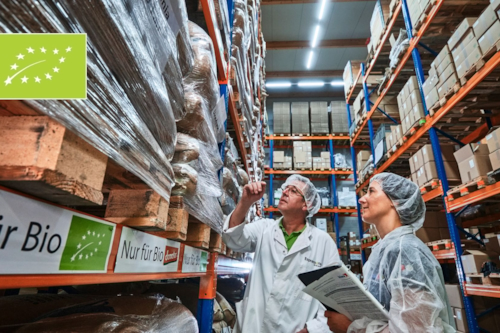
KOC - Korean Organic Certification
The Korean organic market has been booming for almost 10 years. With higher incomes, the Korean population is placing more emphasis on organically grown food. With a KOC certification, a product can be labelled and sold as "organic" in Korea. In addition, the Korean organic logo can be attached to the product.
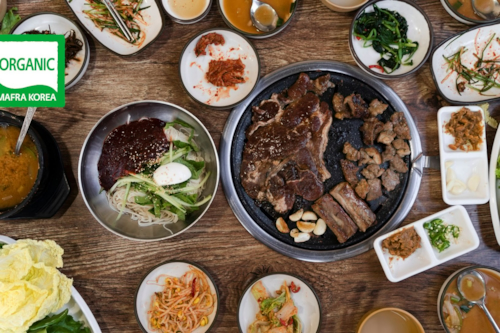
Bird Friendly Coffee Standard
Bird Friendly is a standard established by the Smithsonian Migratory Bird Center (SMBC). The SMBC is part of the National Zoo, which is located in Washington D.C. (USA). The Bird Friendly Standard is one of the most stringent of the third-party certified environmental standards. SMBC's Bird Friendly certification is the only one with a 100% guarantee of organic agroforestry habitat for wild birds.
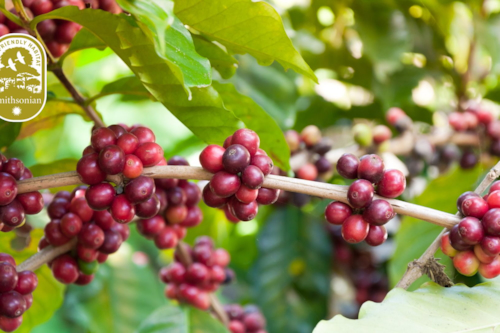
JAS - Japanese Agriculture Standard
Japan's geographical location makes sure, among other things, that 40% of the national food demand is usually imported. A growing proportion of these food imports are certified organic. With a JAS certification you participate in Japan's organic market.
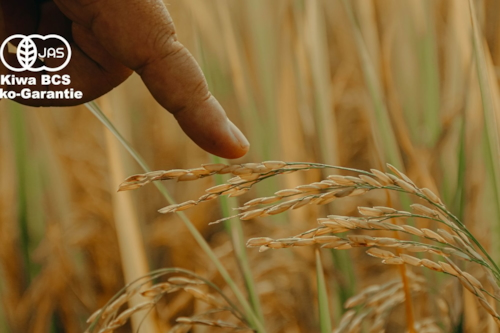
Demeter organic association inspection
Demeter stands for products of the biodynamic farming method. This oldest ecological form of land cultivation goes back to the impulses of Rudolf Steiner, who also initiated Waldorf education and anthroposophical healing at the beginning of the 20th century.
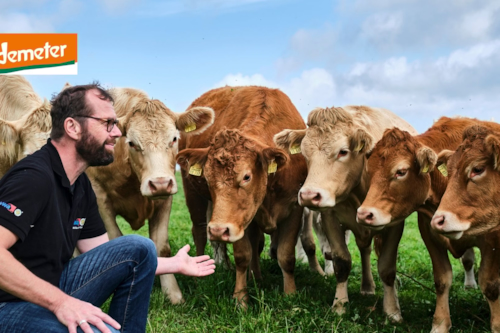
Additional information
Kiwa BCS Öko-Garantie GmbH
Marientorgraben 3-5
90402 Nürnberg
Code: DE-ÖKO-001
🌍︎ Kiwa BCS Öko Garantie GmbH
☎ Contakt and Contact persons
✉ DE.Info.BCS@kiwa.com
☎ +49 911 424 39 0